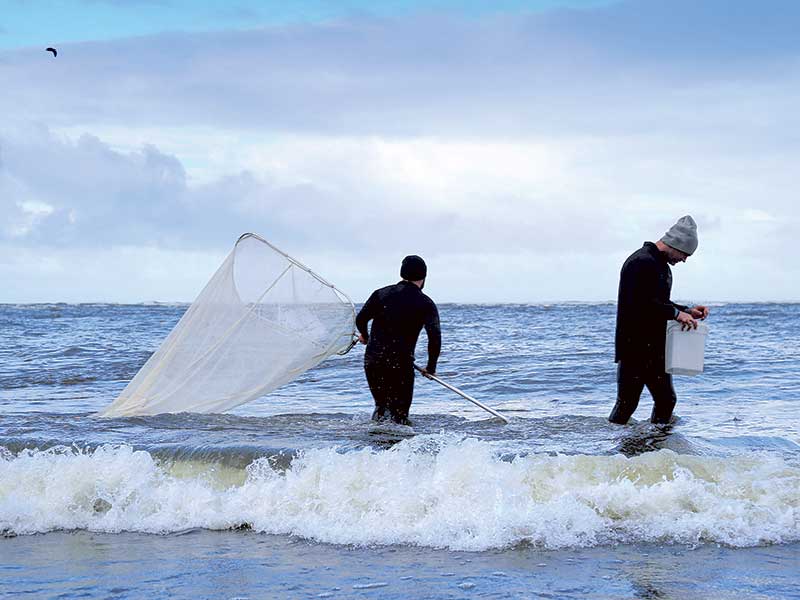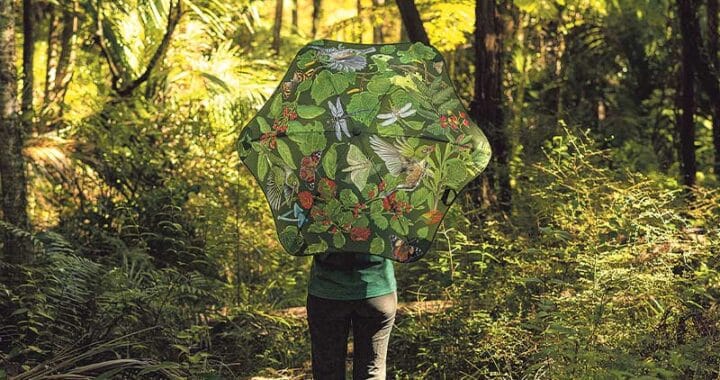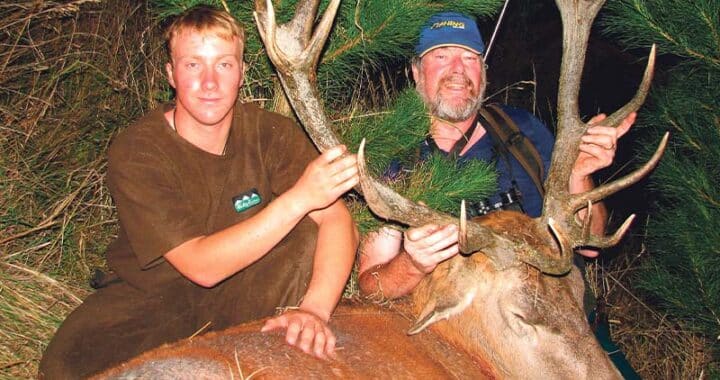Fish frenzy: will whitebaiters see a ban?
4 min read
Photo: Simon Watts
While the whitebating season is well and truly underway, there seems to be a question looming over keen whitebaiters: will the cherished Kiwi tradition see a ban in the near future?
Earlier in August, National’s Conservation spokesperson Sarah Dowie said the popular Kiwi pastime is at risk of being banned under the Indigenous Freshwater Fish Amendment Bill’s transitional clauses. She added that the Minister of Conservation Eugenie Sage’s “ideological views are not friendly towards recreational fishers and hunters.
“The whitebaiting community has also told me they feel as though her whitebait consultation process has been a farce and they are concerned about their future livelihoods and the future of the Kiwi pastime. If Ms Sage has her way, whitebaiting will be prohibited.”
While Dowie has started a petition online, Minister Sage has accused the Opposition of “mischief-making”.
“There are absolutely no plans to ban whitebaiting,” the minister said in her Facebook post.
“The Conservation (Indigenous Freshwater Fish) Amendment Bill does enable areas of conservation land to be closed to whitebaiting. That means native fish can have some rivers and streams where they can swim upstream and spawn without ending up in a net and a whitebait patty.
“Seventy-four percent of New Zealand’s native fish are threatened or at risk of extinction. The whitebait fishery needs better management and the Bill provides the tools for that.”
She added that the public would be consulted before any changes are made to the whitebaiting regulations.
The lure of white gold

But whitebaiters are not completely reassured, with some even opposing a potential ban.
Sheryl Rasmussen, who has been whitebaiting for more than 36 years in the Waikato, says for many, whitebaiting is a way of life.
“I disagree with a potential ban on whitebaiting in New Zealand, as it becomes an open door for the Government to put on more restrictions and limits.”
She adds that maybe a restriction on commercial sales could be considered although for some families, it is a top up of their income.
However, she says the Government should not ban whitebaiting for recreational fishers.
“It is our way of life and tradition for many years and, hopefully, for many years to come. The season is only 46 days in the North Island. They have plenty of time to go up the river to breed.
“We need our Government to protect our waterways to keep our rivers clean, which is more important. They have banned set nets for flounder and mullet due to Māui dolphin and it has not achieved anything. Thirty died with bans on. All fish are declining; not from catching but conditions. Leave the declining whitebait to the whitebaiters to consider.”
On the other hand, organisations such as Forest & Bird have also come forward calling for “bold steps to save the four endangered native fish in the whitebait catch from extinction”.
“We continue to catch and eat threatened fish in a largely unregulated fishery where there’s no catch limit and no fishing license required,” said Forest & Bird freshwater advocate, Annabeth Cohen.
“If we truly love whitebaiting in New Zealand, then we have to do something to save these species from going extinct. Continuing to catch and sell whitebait knowing that they are in trouble is like sawing off the branch you are sitting on.”
Tighter whitebait regulations
Earlier this year, Department of Conservation (DOC) surveyed nearly 3000 members of the public, of which 89.3% agreed that something needed to be done to keep the fishery sustainable.
More than 75% also agreed that there needed to be a “bag limit” or some form of restriction on the number of whitebait caught.
Forest & Bird says that besides a pause on commercial whitebaiting, New Zealand “could also look at management options such as catch limits, fishing licenses, temporarily closing catchments where fish populations are down, shortening the season, or stopping fishing during the spring tide (just after a new or full moon) when the biggest rushes of whitebait swim from sea to freshwater.”
Frittering away
There are fewer whitebait in New Zealand streams, with reports stating that there has been a massive decline over the past many decades.
DOC says that in the last 100 years, there has been a huge loss in the amount of whitebait habitat by draining wetlands, artificially channelling small streams, and removing vegetation beside streams.
Add to that a no catch limit on the lucrative whitebait fishery, and it is not difficult to see why the numbers have been dwindling.
Whether the solution to this problem is a complete ban or not, only time will tell.



